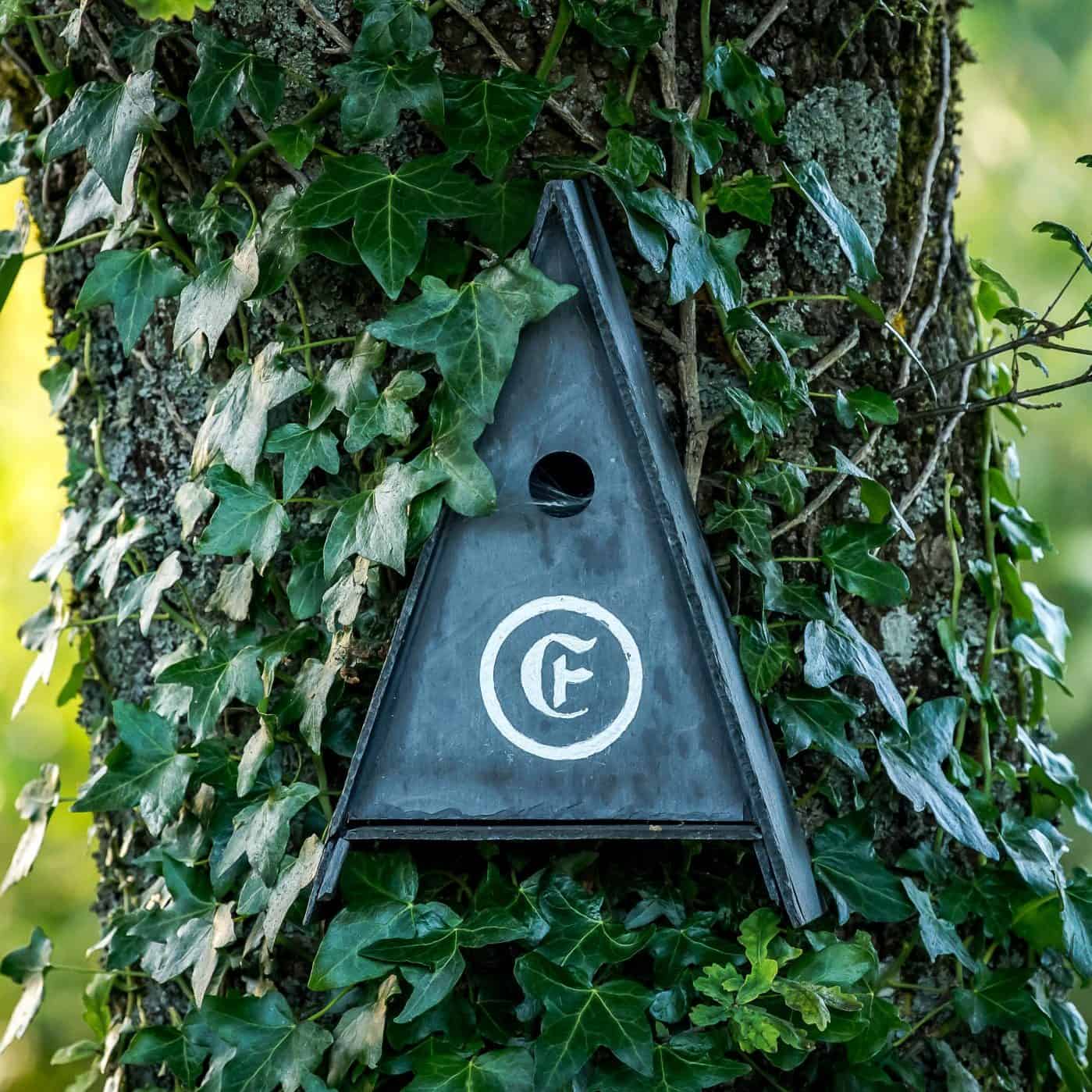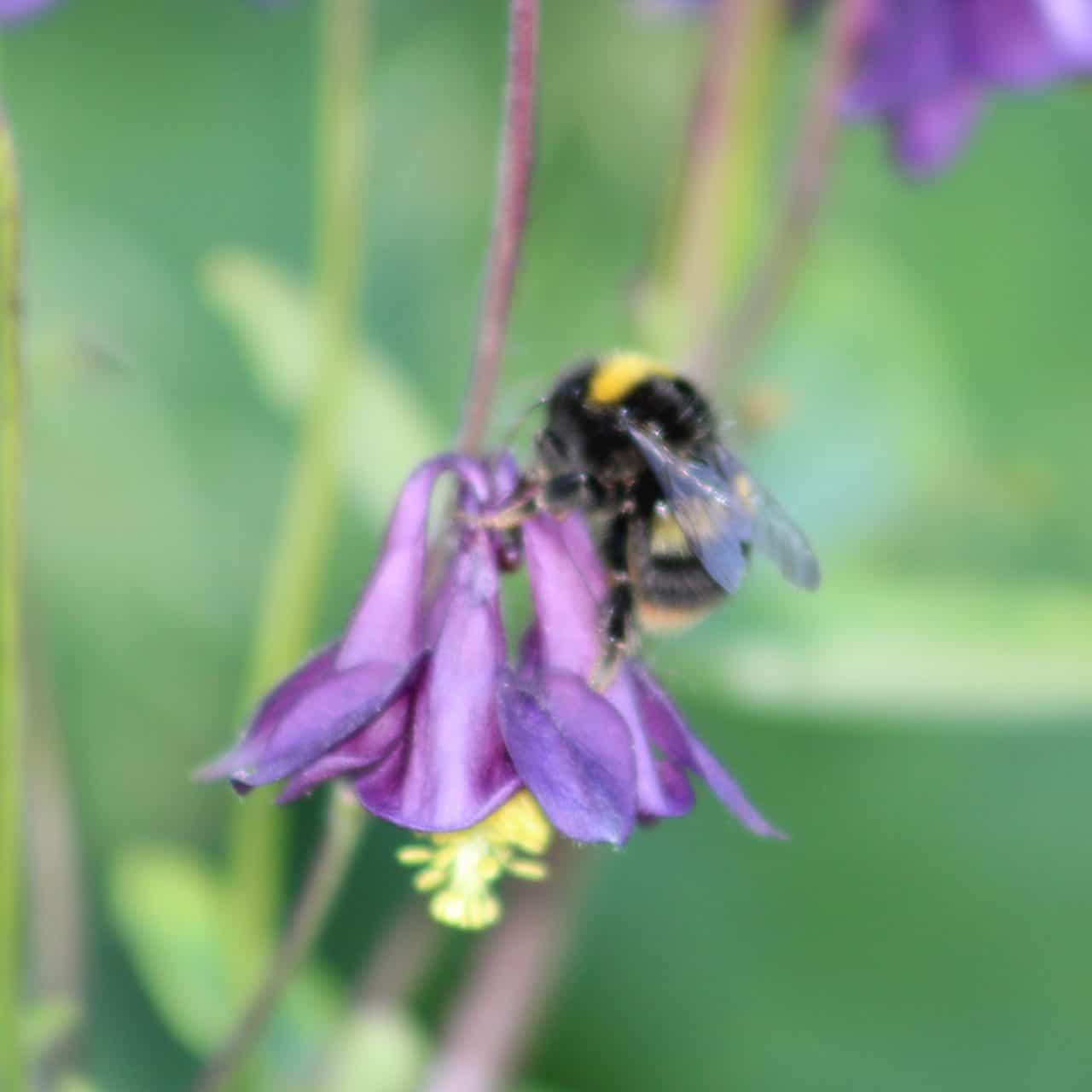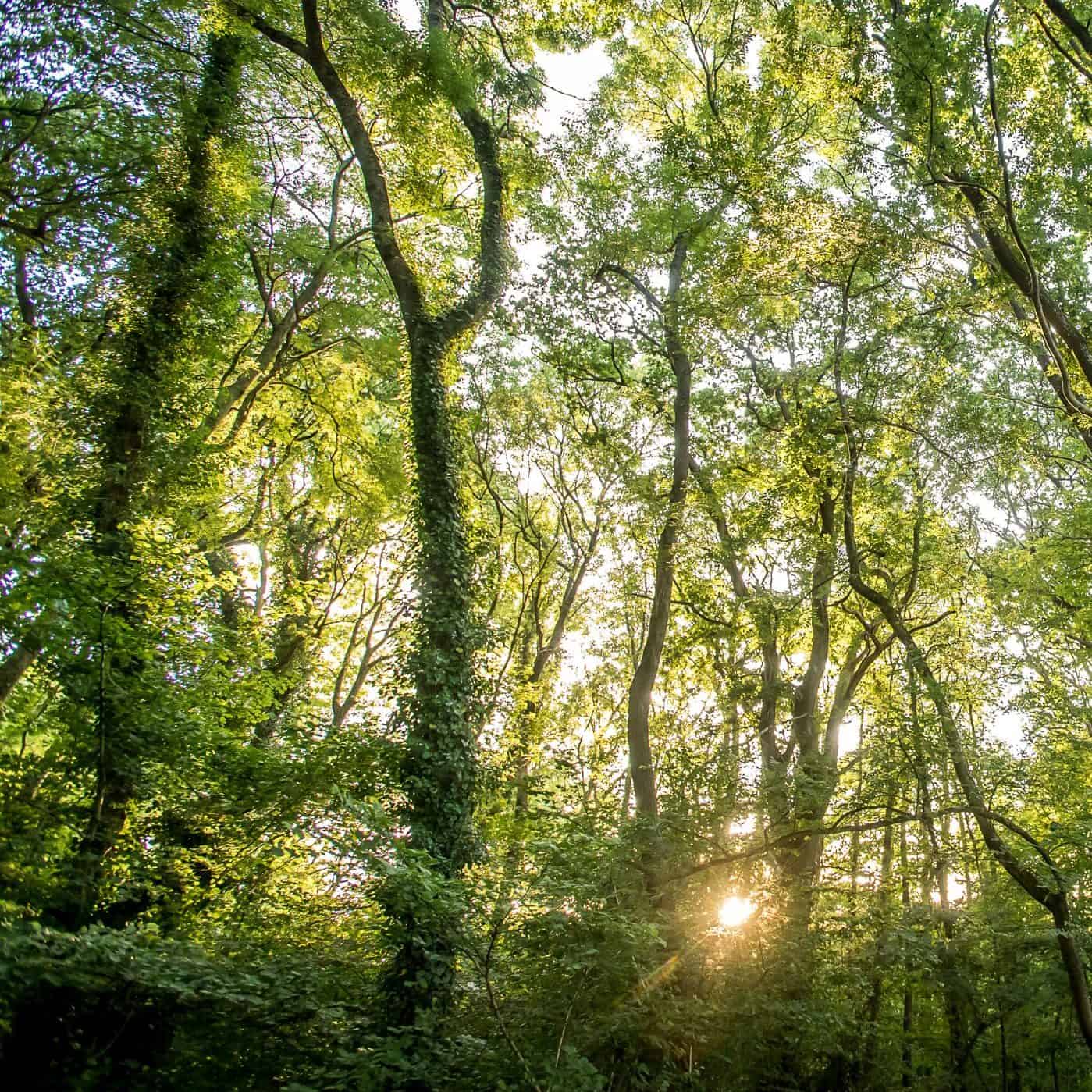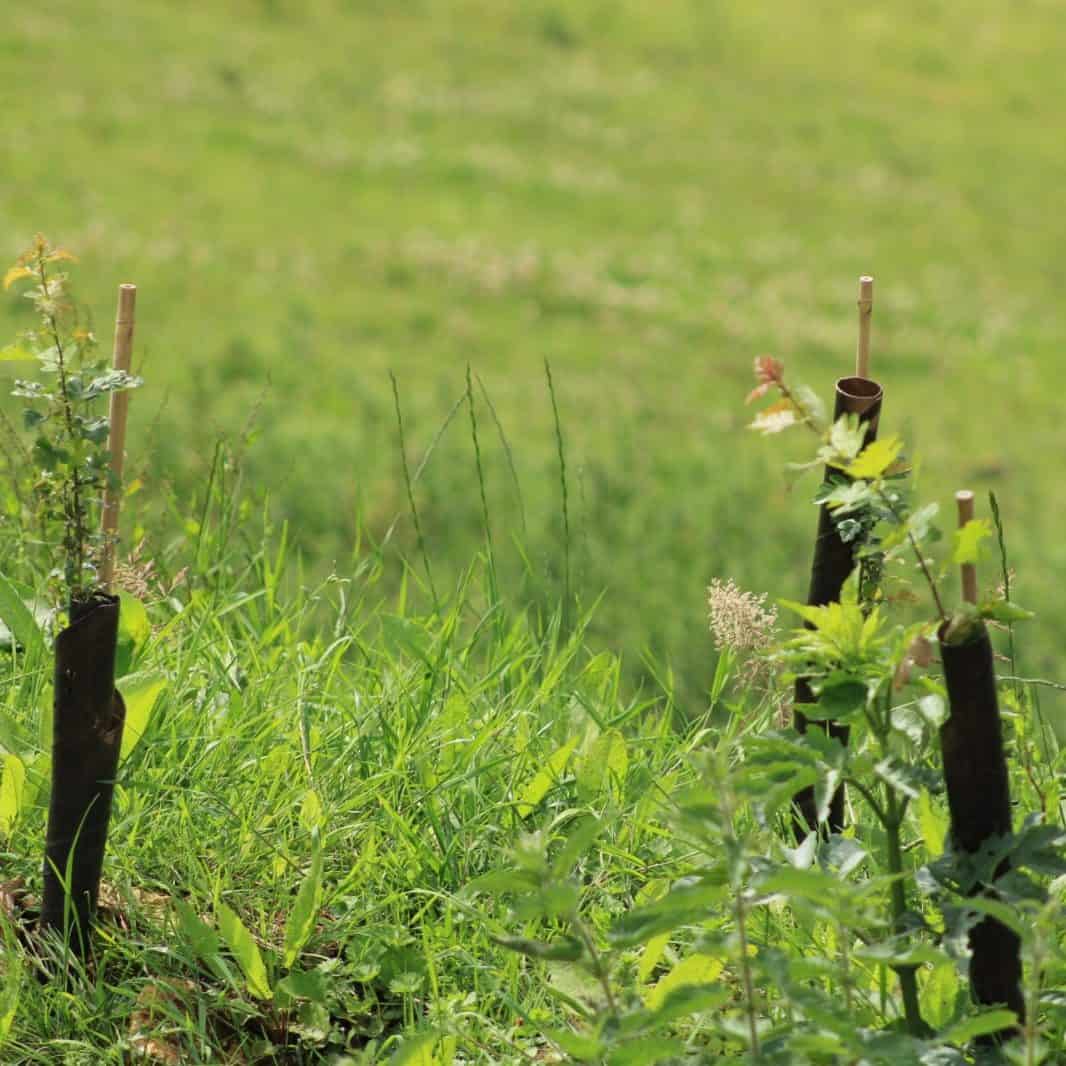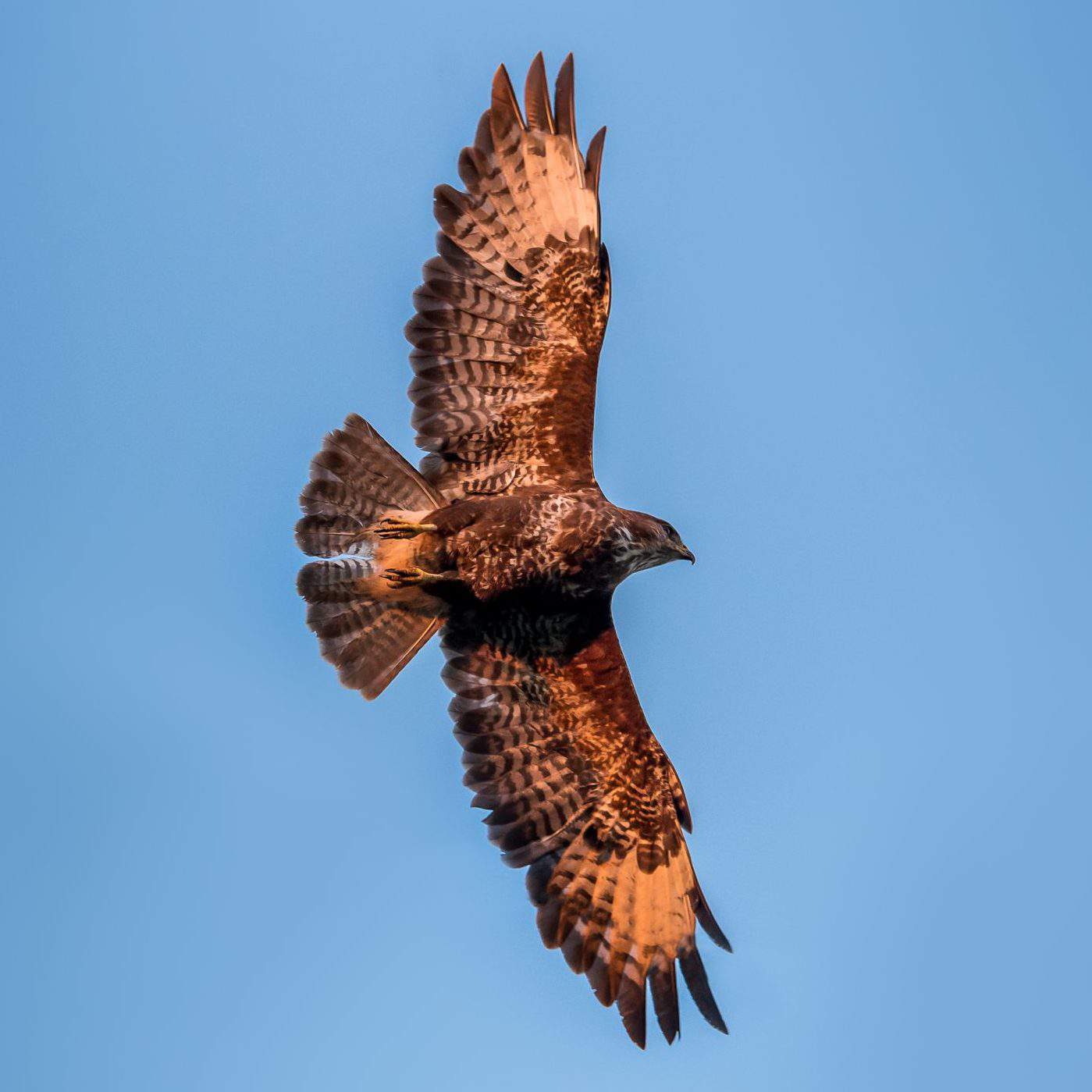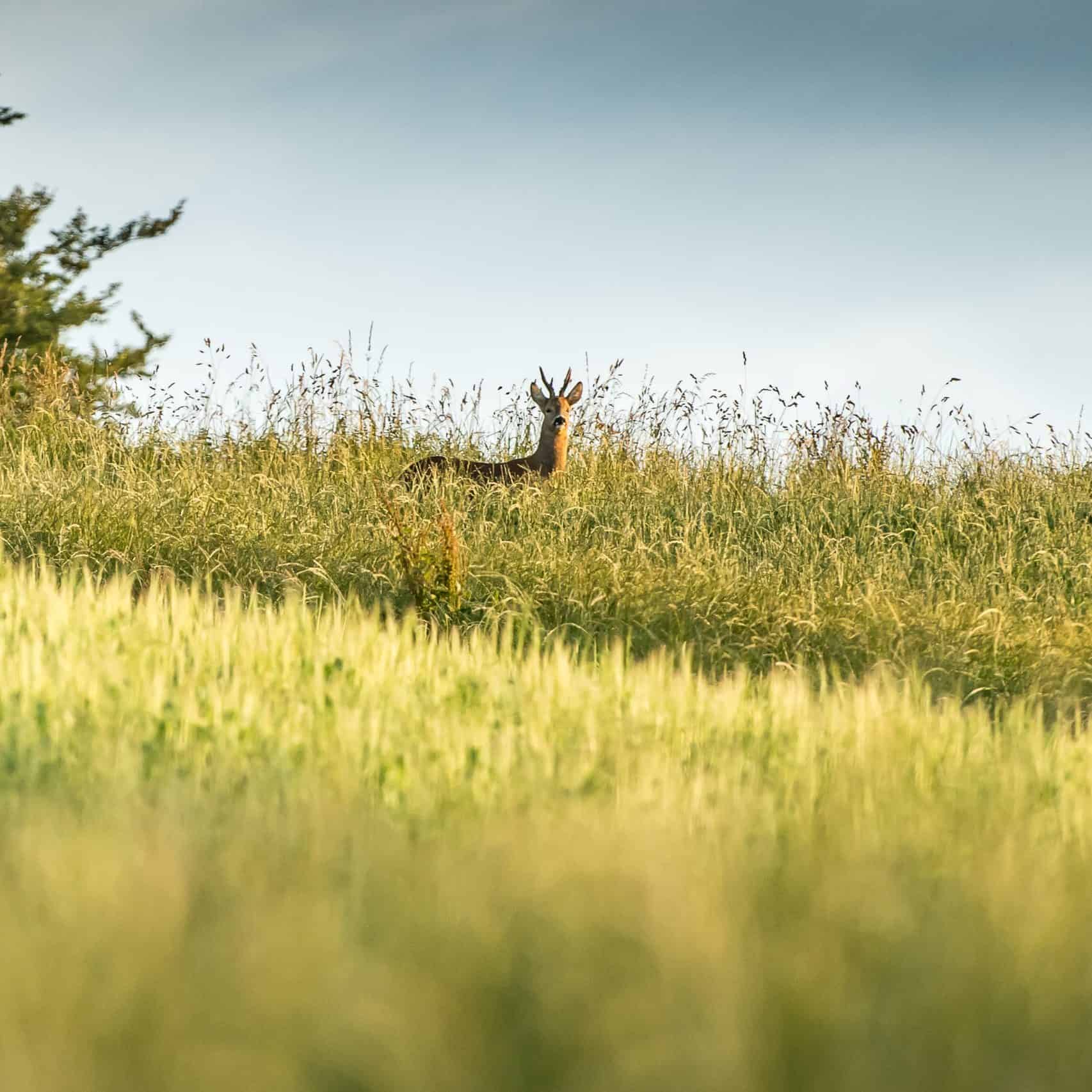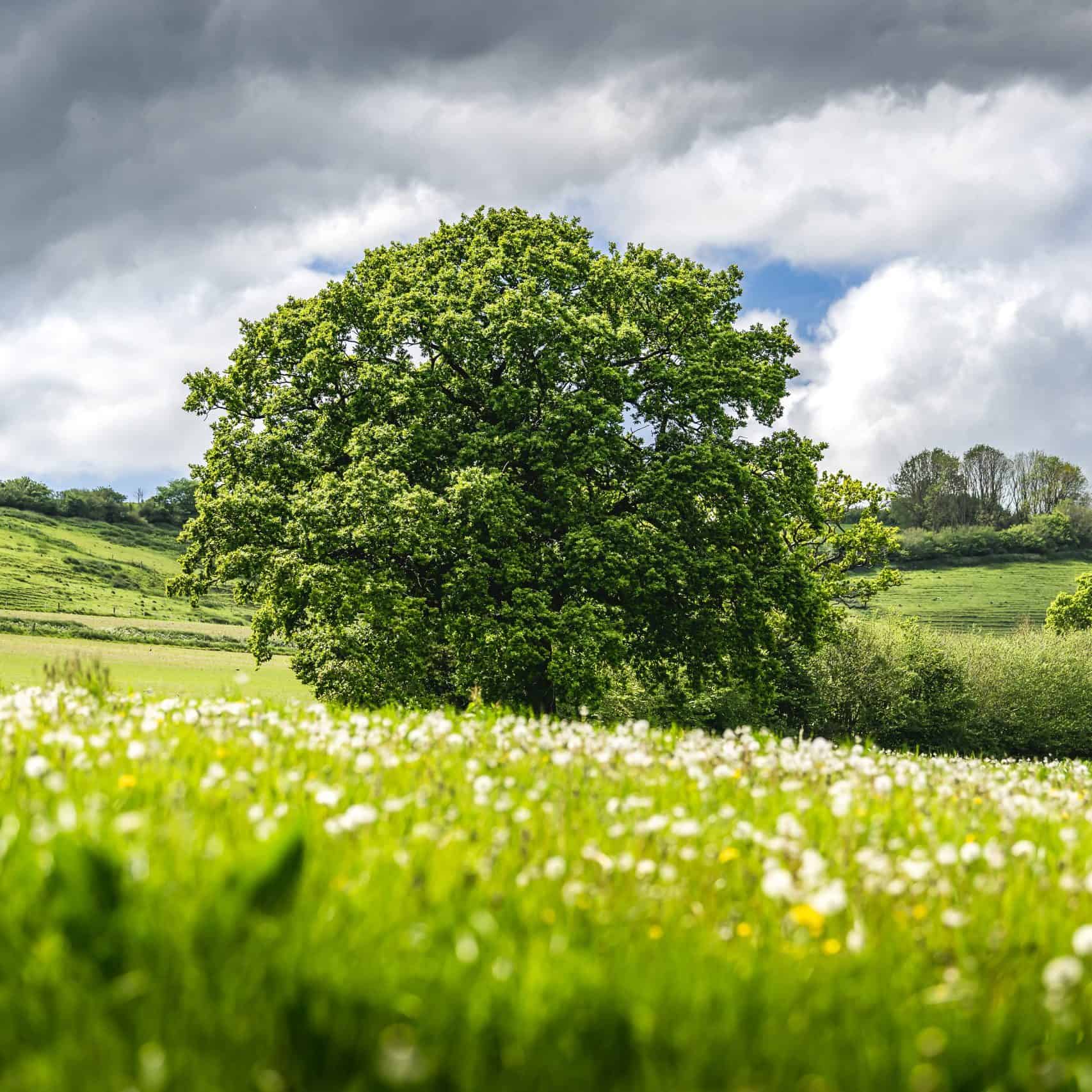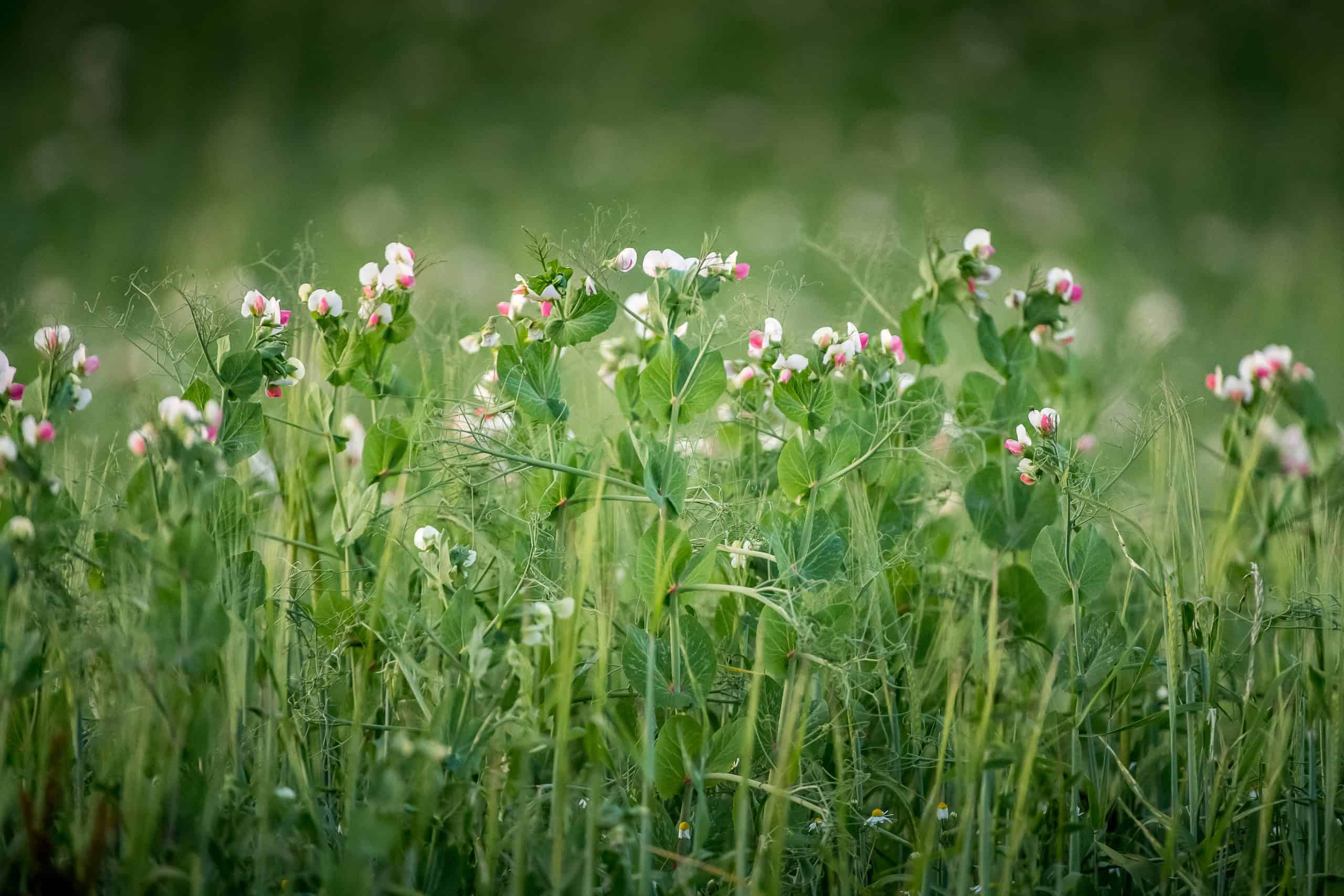
Nature Friendly Farming
Farming in harmony with nature
Opting to farm organically involves working with, rather than against, nature and this has always felt like the obvious choice. At the A H Warren Trust we see ourselves as custodians of the land and want to make sure that we nurture it as much as we can, enriching the soil and giving back what we take out, ultimately preserving it for generations to come.
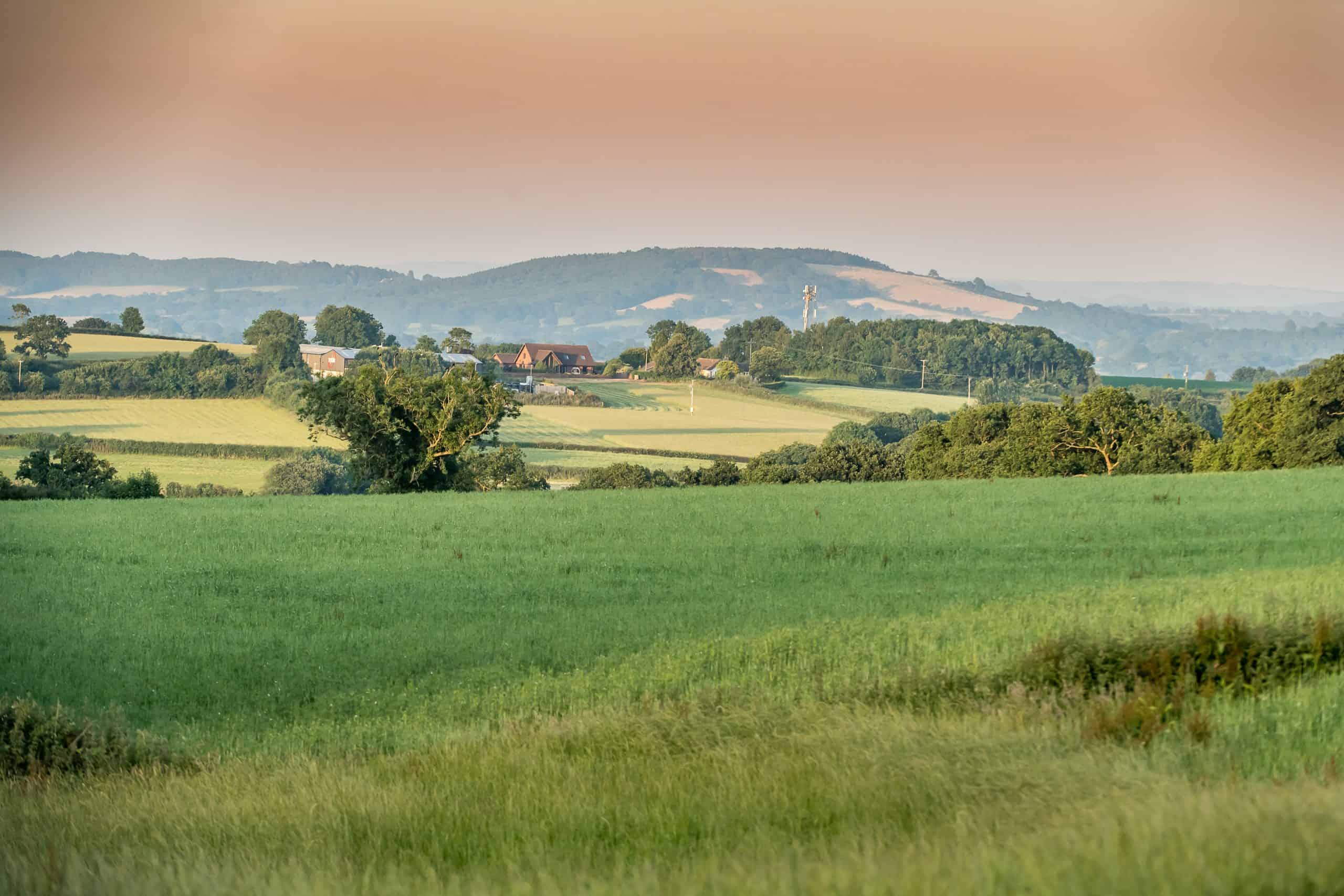
Across the estate, the team go above and beyond the basic organic requirements which means the land is a real haven for wildlife. Hedges are trimmed on a two-year cycle, allowing birds to breed, flora to grow, and seeds and insects to thrive. On average, plant, insect and bird life is 50% more abundant on organic farms. We work with Farming and Wildlife Advisory Group (FWAG) to actively encourage nesting birds and have spotted rare wildlife species such as the Lesser Horseshoe Bat, Water Voles, Barn Owls and Song Thrushes across the estate. A series of trees and hedgerows are planted each year and when working the fields a two-metre buffer strip is left uncultivated, which benefits both flora and fauna. Fencing off riverbanks and ditches prevents the disturbance of vegetation and animals by livestock. We are lucky enough to have wild flower species such as Greater Stichwort, Pignut, Ragged Robin, Autumn Hawkbit and Marsh Valerian present on the farm.
It isn’t just above ground that wildlife exists, our soils are home to a quarter of the Earth’s species. This is why it is so important to us that we farm without the use of any artificial fertilisers and pesticides which could cause harm to underground microorganisms. Soil fertility is maintained through the use of composted manure and crop rotation with nitrogen-fixing crops; this rotation also helps to control weeds and disease. We aim to create a natural balance between plants and animals, relying on a whole ecosystem to keep pests under control, where animals like beetles and birds feed on pests such as aphids and slugs.
